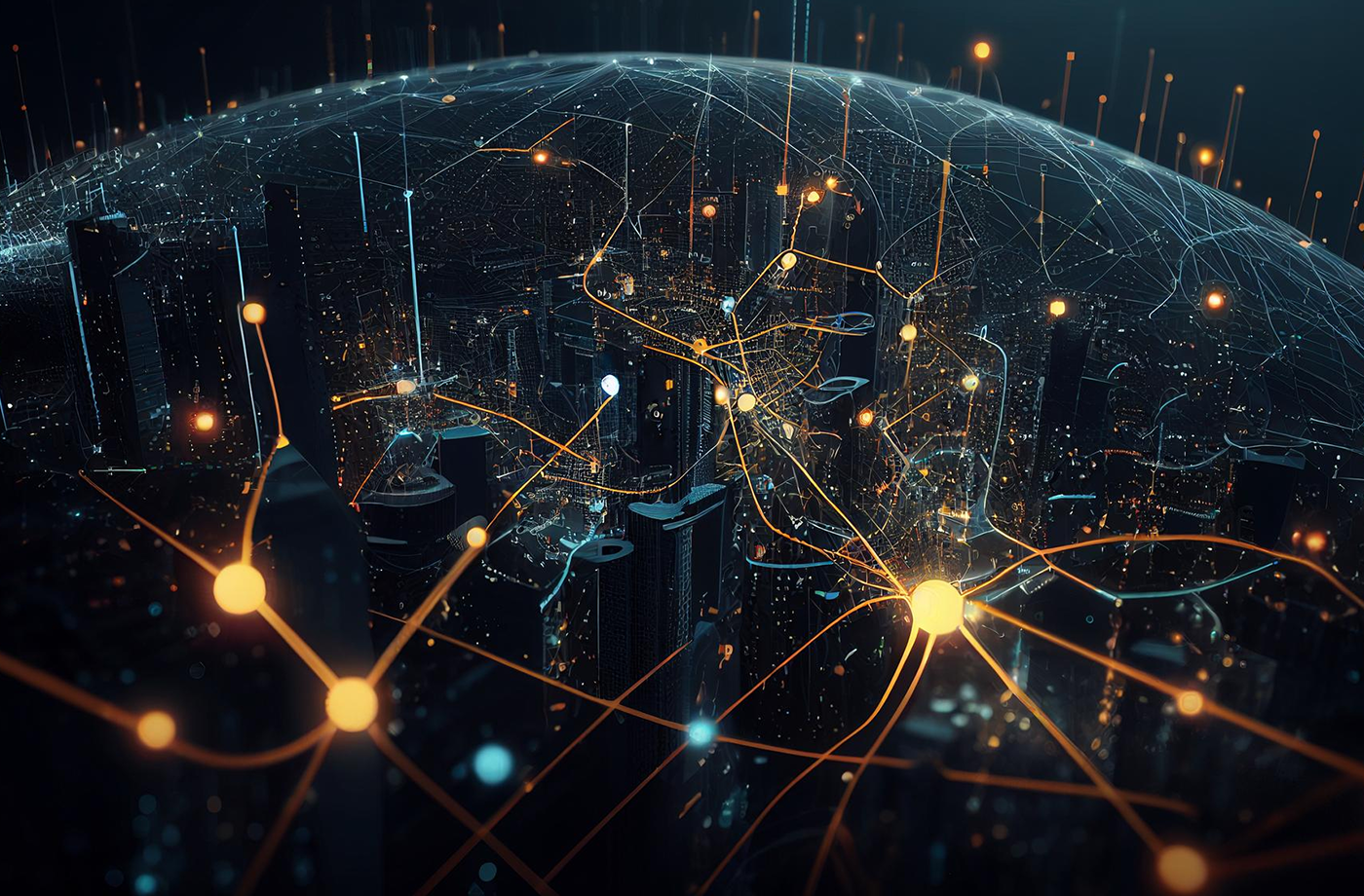Ivana Višnjić
AI Washing can lead to misguided investments, eroded consumer trust, and hindered genuine innovation. Therefore, critical thinking and responsible development of AI technologies are more necessary than ever...


Ivana Višnjić
Junior partner
In a world where buzzwords and trends dominate the technological landscape, AI Washing has emerged as a deceptive practice that threatens to undermine the genuine advancements in artificial intelligence. What will we find when we look into what AI Washing is, explore its impact, and uncover the risks it poses to consumers, investors, and the industry?
Before diving into the murky waters of AI Washing, let's start with a simple explanation of what generative AI is. Imagine a machine that predicts outcomes based on existing data and generates entirely new content. That's what generative AI does. It's like having an AI artist who can create original paintings, compose music, or even write poetry. These powerful models learn from data patterns and then unleash their creativity to produce something new.
The AI industry is booming, and its growth trajectory is astronomical. The global AI market is valued at over $196 billion, and experts predict it will increase by over 13 times in the next seven years. By 2030, AI is expected to contribute a massive 21% net increase to the United States GDP. It's not just about chatbots and virtual assistants—AI is infiltrating every corner of our lives, from self-driving cars and personalized streaming recommendations to supplementing and even replacing jobs. In 2022, tech companies laid off about 165,000 employees, initially attributed to overstaffing during the COVID-19 pandemic. Still, it's suspected that the 2023 layoffs of nearly 260,000 employees were driven by AI implementation, with more expected in 2024.
However, it's crucial to understand AI's position in Gartner's Hype Cycle, a model that illustrates the maturity, adoption, and public perception of new technologies. Imagine a roller coaster of expectations and disappointments—this is Gartner's Hype Cycle for technology. AI is on this wild ride. Initially, there's the "innovation trigger," where everyone gets excited about the potential of new technology. Next comes the "peak of inflated expectations," where AI is portrayed as humanity's savior. But reality sets in during the "trough of disillusionment," where we realize AI isn't magic. Finally, we climb the "slope of enlightenment" and reach the "plateau of productivity," where AI becomes a fundamental part of our lives.
AI is currently at the peak of the "inflated expectations" phase. This means there is a lot of excitement and overhyped promises about AI, but reality often disappoints as we head toward the "trough of disillusionment."
This is where AI Washing comes into play. Companies exploit public interest and ignorance by exaggerating the level of AI integration in their products or services or outright lying about it. They slap on the "AI-powered" label to sound cutting-edge and attract customers, even if the technology is just a basic algorithm or pre-programmed response.

Let's unmask the villain: AI Washing. It's like greenwashing but with algorithms. Companies overstate the capabilities of AI in their products or services, creating an illusion of cutting-edge technology. Consumers and investors fall prey to this marketing trick, paying a premium for services that often lack genuine AI integration. The consequences? Misled customers, damaged trust, and a cluttered market where genuine innovations must shine.
Several AI Washing scams have been uncovered to date:
Amazon's "Just Walk Out" program promised AI-powered checkout-free shopping. But 1,000 people in India were doing the work behind the scenes. The damage was done, and trust was shaken.
Some companies label products as "AI-powered" with minimal AI integration. San Francisco firm Global Predictions claimed AI-driven forecasts but couldn't substantiate their claims.
In 2017, startup Lighthouse AI claimed to develop an AI camera to recognize weapons and other threats. However, investigations revealed that the product heavily relied on human intervention.
Remember that AI-powered vacuum advertised as seamlessly managing your home? In reality, it uses basic sensors to avoid obstacles and follow pre-set cleaning patterns.
An AI-powered stock-picking app claims to use sophisticated AI algorithms to predict market trends and guarantee gains. The truth? It might rely on simple statistical analysis or even random chance.
Coca-Cola, Pepsi, Zara, H&M, McDonald's, and Philip Morris have all dabbled in AI Washing, using AI buzzwords to divert attention from other issues.
Even some of the biggest names in tech have been accused of AI Washing. Some virtual assistants marketed as "intelligent" may struggle to understand complex questions or complete tasks requiring real-world knowledge.
AI Washing brings several risks. Misleading investments: Investors might be lured into investing in products with inflated AI capabilities, leading to financial losses. Eroded trust: Overhyped claims can damage public trust in AI, hampering its potential for real-world benefits. Slowed progress: When companies focus on marketing hype instead of genuine innovation, the overall development of AI technology could suffer.
How can we see through all the hype? Look beyond the buzzwords. Don't be swayed by terms like "AI-powered" or "machine learning." Ask for concrete details on how AI is used. Do your research: Look for independent reviews and comparisons of products claiming to use AI. Focus on functionality—ask whether the product truly performs the task it promises, regardless of whether it uses AI.
What does the future hold for AI? AI has the potential to revolutionize various aspects of our lives. But to reach its full potential, we must move away from the hype and focus on responsible development and transparent communication. We must be critical consumers, demanding genuine innovation, paving the way for a future where AI truly benefits us all.
Ultimately, the burden doesn't lie solely with companies but with all of us—to approach AI with a critical eye and demand transparency and accountability. As consumers, we must educate ourselves about the technology we embrace and question the narratives crafted by corporate marketing departments. As companies, we must strive to uphold the integrity of our innovations, avoiding the lure of AI Washing.
In a world of ever-evolving technology, one thing remains constant: the truth will always come to light. When it does, we must be ready to face it, with all the bad news, consequences, and surprises it may bring. Only then can we truly harness AI's transformative power for the betterment of society rather than falling victim to its deceptive allure?
In this age of artificial intelligence, let's be vigilant. Don't fall for the hype—seek substance and demand authenticity. Regarding AI, the truth is more important than the phrase.